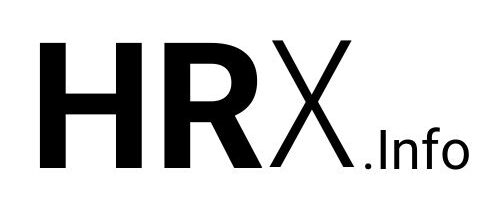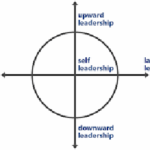Also known as: Career Management
German: Karriereplanung
Career planning refers to the systematic development of an individual’s professional path within an organization. It outlines the potential sequence of positions or roles an employee may assume over the course of their employment, aligning personal aspirations with organizational goals.
Objectives of Career Planning
-
Support employee development
-
Ensure succession planning and talent pipeline readiness
-
Improve employee retention through structured growth opportunities
-
Align individual competencies with organizational needs
Key Prerequisites
Effective career planning depends on:
-
Relevant experience accumulated by the employee
-
Positive performance evaluations and potential assessments
-
Availability of relevant positions or developmental opportunities
Types of Career Planning
-
Potential-Oriented Career Planning
Focuses on identifying and developing the employee’s long-term potential, with flexible outcomes and development paths. -
Position-Oriented Career Planning
Targets specific future positions, outlining concrete role progression, often tied to succession strategies.
Career Paths
Modern organizations offer multiple career path models, including:
-
Specialist Career Paths – advancement based on deep expertise rather than leadership roles
-
Project Careers – centered on recurring roles in project-based environments
-
Committee or Matrix Careers – based on roles in interdepartmental or cross-functional settings
🔗 See also: Succession Planning, Human Resource Development, Mentoring
Tools and Formats
Career plans are often visualized using:
-
Career path diagrams
-
Competency matrices
-
Development plans integrated into HR software systems
Role in Human Resource Management
Career planning is a key component of strategic HR planning. It intersects with:
-
Personnel development
-
Performance management
-
Organizational planning
-
Employee engagement strategies
Trends and Considerations
-
Flexible career models are replacing rigid vertical hierarchies
-
Increasing focus on individualized development paths
-
Emphasis on lifelong learning and cross-functional experience






![15 Employee Offboarding Templates That Save Hours of HR Time [Free Downloads] 15 Employee Offboarding Templates That Save Hours of HR Time [Free Downloads]](https://i1.wp.com/www.hrcloud.com/hubfs/Header.png?w=150&resize=150,100&ssl=1)
